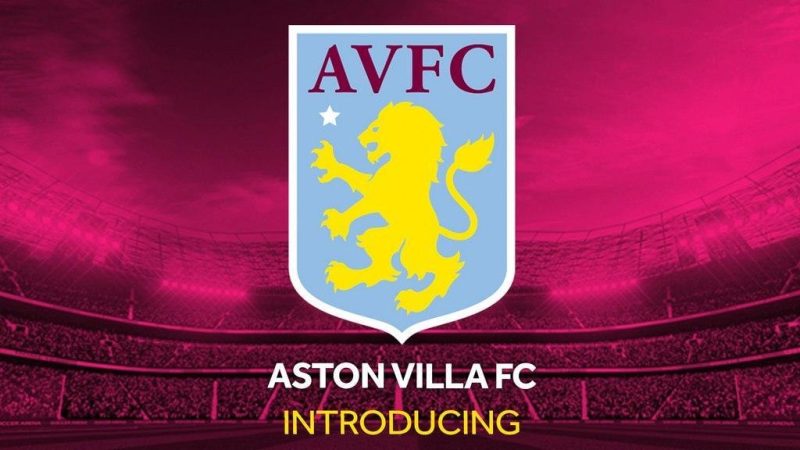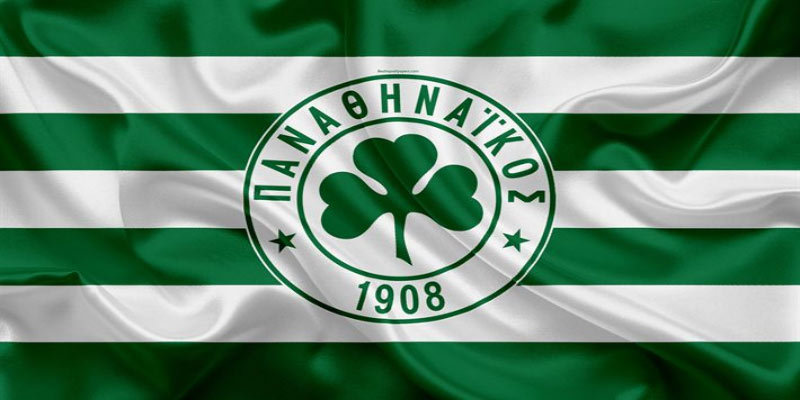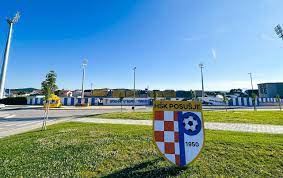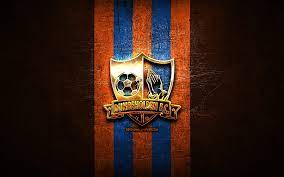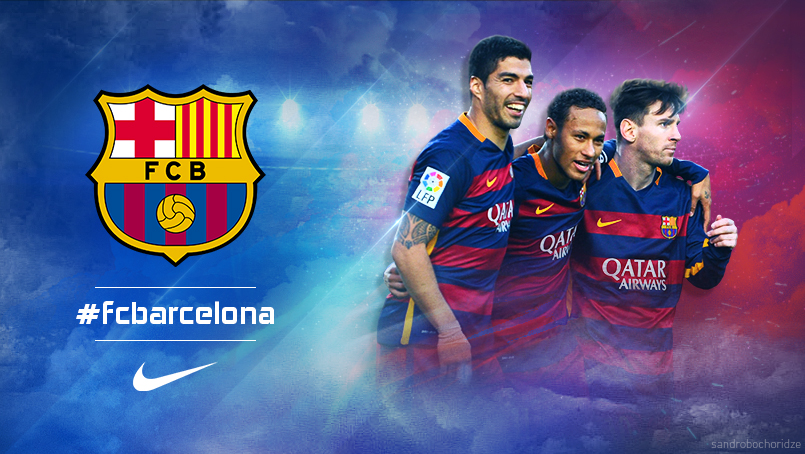
FC Barcelona
The tactical framework of FC Barcelona is a cornerstone of its success, continually evolving while remaining true to its core philosophy. Throughout the years, various managers have left their marks on the team’s playing style, contributing to its identity as one of the most entertaining teams in football.
Tactical Evolution of FC Barcelona
One of the defining features of FC Barcelona’s tactical approach is the tiki-taka style, developed under Pep Guardiola. This 888b philosophy emphasizes short passing, movement off the ball, and maintaining possession, leading to fluid attacking plays.
Guardiola introduced rigorous training methods that focused on intricate passing drills and spatial awareness. The objective was to create a system where players understood their roles and responsibilities, allowing them to execute complex strategies seamlessly. The success of this approach was evident as Barcelona dominated European football, winning multiple Champions League titles and domestic trophies.
Tiki-taka is not merely about keeping possession; it is about controlling the rhythm of the game. By suffocating opponents with relentless passing sequences, Barcelona created opportunities to exploit defensive weaknesses. This tactic required immense technical skills, intelligence, and discipline from players, qualities that defined the club during Guardiola’s tenure.
The Return to Roots
In recent years, FC Barcelona has experienced fluctuations in performance, prompting discussions about a return to its roots. The introduction of a more dynamic style of play has surfaced, focusing on counter-attacks and pressing high up the pitch.
This evolution reflects the changing landscape of football, where adaptation becomes essential for success. While the tiki-taka methodology remains a valuable asset, the inclusion of pressing tactics signifies a willingness to embrace contemporary football trends. Managers like Ronald Koeman and Xavi Hernandez have explored integrating these strategies into the team, aiming to enhance its competitiveness on both domestic and European fronts.
As FC Barcelona navigates this transitional phase, the challenge lies in blending tradition with innovation. It requires a delicate balance to ensure that the essence of the club remains intact while also evolving to meet the demands of modern football.
The Role of Youth Development
Central to FC Barcelona’s tactical evolution is La Masia, the club’s famed youth academy. Known for its philosophy of nurturing young talent, La Masia has produced world-class players who embody the club’s ideals.
The integration of academy graduates into the first team not only strengthens the squad but also ensures continuity in playing style. Young players bring a sense of enthusiasm, energy, and fresh perspectives to the game, which can reinvigorate the team’s dynamics.
Furthermore, the values instilled through the academy emphasize collaboration, technical excellence, and respect for the club’s heritage. As these young talents burst onto the scene, they carry with them the weight of expectations, inspiring a new generation of supporters who believe in the power of homegrown talent.
The Global Impact of FC Barcelona
FC Barcelona’s influence extends far beyond the football pitch. The club has become a global phenomenon, resonating with fans worldwide through its commitment to excellence, social responsibility, and community engagement.
Cultural Significance
FC Barcelona serves as a cultural touchstone for Catalonia. Its role as a symbol of pride and identity has transcended sports, becoming intertwined with the region’s history and politics. The motto “Més que un club” encapsulates this sentiment, representing a movement that advocates for the Catalonian culture.
Matches at Camp Nou are not mere sporting events; they are celebrations of heritage, unity, and shared values. Fans come together not only to support their team but also to express their cultural identity. This connection elevates FC Barcelona beyond a conventional sports club, positioning it as a vital part of Catalonia’s collective consciousness.
Social Responsibility Initiatives
FC Barcelona actively engages in various social responsibility initiatives aimed at positively impacting communities. The FC Barcelona Foundation works to promote education, health, and social inclusion, aligning with the club’s ethos of making a difference beyond football.
Programs focused on empowering young people through sports, providing access to education, and promoting healthy lifestyles illustrate the club’s dedication to giving back. By leveraging its global platform, FC Barcelona inspires others to contribute to meaningful causes and advocate for social change.
The International Brand
In the realm of sports branding, FC Barcelona is a powerhouse. The club’s commercial success reflects its global appeal and the loyalty of its fanbase. Merchandise sales, sponsorship deals, and partnerships with corporations have propelled Barcelona into the upper echelons of football finance.
The club’s strategic approach to marketing has further expanded its reach, connecting with fans across diverse cultures. International tours, friendly matches, and digital engagement have fostered a global community united by a love for the game and a shared allegiance to FC Barcelona.
Through these efforts, the club continues to attract new supporters, ensuring its legacy endures for generations to come.
